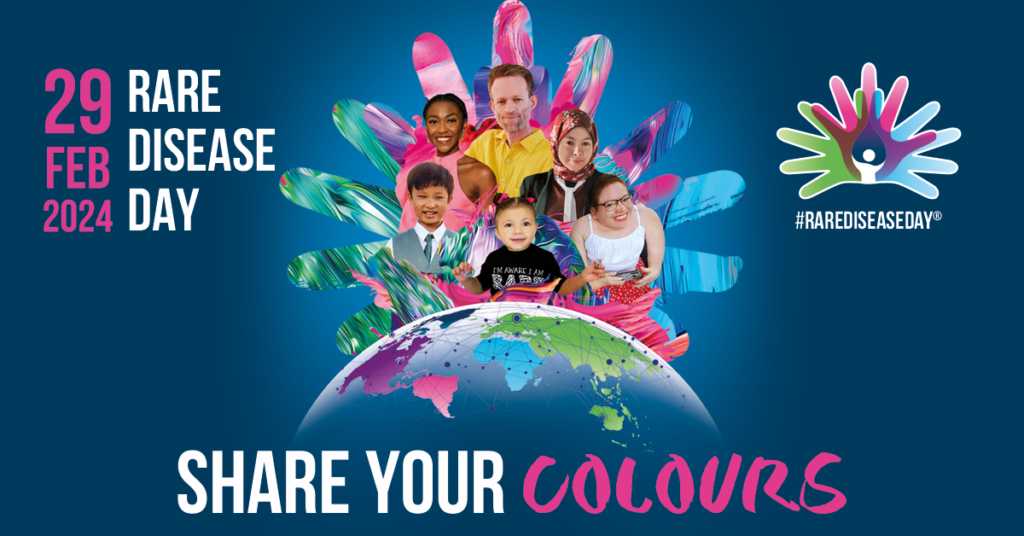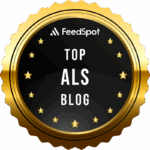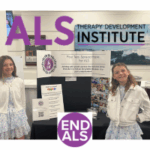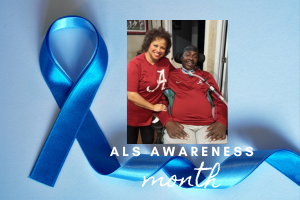
Join us as we honor the rare disease community on this Rare DIsease Day, 2024.
Hello, SimpliHere community members,
As you may know, each year we recognize February 28 as Rare Disease Day (but since 2024 is a leap year, this time it falls on the 29th), a day when we pause to recognize the challenges of living with a rare disease and do all we can to raise awareness for patients, family members, and caregivers around the world who are impacted. Another important thing we can all do, as members of the caregiving community, is to support research into these diseases that affect us and our loved ones. While these conditions may not affect the population on a large scale, their impact is nonetheless devastating.
25 to 30 million Americans are living with a rare disease, defined as any disease that affects fewer than 200,000 people in the United States. An estimated 350 million people are living with a rare disease around the world. And while more than 7,000 of these diseases have been identified, 90% of them do not have an FDA-approved treatment (within the United States).
One of the challenges with identifying and gaining FDA approval for new treatments for rare diseases is that there isn’t much of a financial benefit for biopharmaceutical companies to develop them, since fewer than 200,000 patients could be future users of their therapy. Drug research and development costs are very high, as are the costs and time commitment of conducting clinical trials. With a small potential consumer base, it can be hard to motivate the sector to pursue development of treatments.
Although it is a relatively well-known disease, amyotrophic lateral sclerosis (ALS) is considered a rare disease. Approximately 5,000 new cases are diagnosed every year, and approximately 30,000 people are living with ALS in the United States. ALS research is relatively well-funded, compared to some others in this classification, but still, new treatment options are slow to arrive due to the complex nature of the disease’s root cause and the evolving genetic factors associated with it.
One organization, the ALS Therapy Development Institute (ALS TDI) is approaching this roadblock through clinical trials, and most recently launched the ALS Trial Navigator– a comprehensive resource that will provide people impacted by ALS with a suite of tools to help demystify ALS clinical trials and personalize the search process – all with the goal of bringing treatments to patients and more data to the research community.
An example of a rare disease that has relatively little research funding is myalgic encephalomyelitis / chronic fatigue syndrome (ME/CFS). ME/CFS is a serious, long-term illness that affects many body systems, causing severe fatigue that is not improved by rest as well as sleep problems. People with ME/CFS are often not able to do their usual activities, and at times, ME/CFS may confine them to home or to bed. This condition has received more attention recently as the symptoms mirror those of Long COVID. According to the National Institute of Health (NIH), together, these illnesses are projected to cost the U.S. trillions of dollars.
Researchers have not yet found what causes ME/CFS, and there are no specific laboratory tests to diagnose ME/CFS directly. Most medical schools in the United States do not include ME/CFS as part of their physician training, and the number of people living with ME/CFS in the United States is only an estimate because it is likely underdiagnosed. There is no FDA-approved treatment or cure for ME/CFS, but there are therapies being developed that reduce symptoms for some patients.
A dear friend of mine recently underwent experimental surgery for ME/CFS, which she has been battling for the past three years. It is incredibly important to raise awareness of rare diseases, of treatment options that may be available to patients through clinical trials, and of bold research initiatives underway that patients, family members, and caregivers may be able to support.
The organizations that have been invaluable in their support of this ME/CFS include:
This February 29, we hope you will take a moment to learn more about Rare Disease Day through the National Organization for Rare Diseases (NORD), including scanning the NORD rare disease database, finding a NORD Rare Disease Center of Excellence near you that specializes in treatments, or taking action to help raise awareness and advance research into therapies.
About SimpliHere
The mission of SimpliHere is to ensure efficient care and peace of mind for caregivers and their patients with neurological conditions that impact communication and mobility. Joanna Rosenberg founded SimpliHere to address communication gaps between caregivers and patients. Her personal experience when her mother lived with ALS exposed the challenges of communicating and understanding basic needs, as well as managing daily tasks. Download SimpliHere today!








